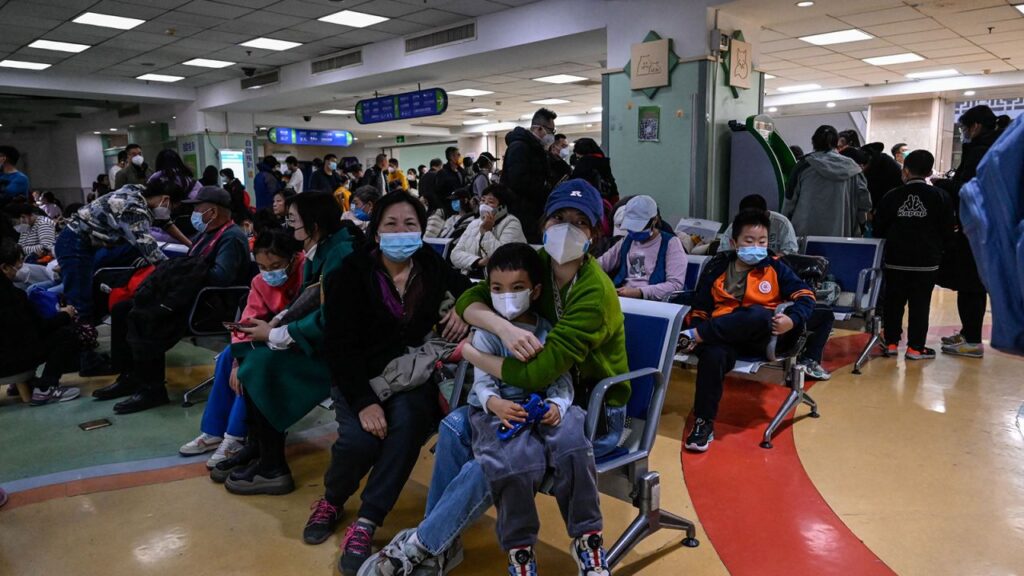In response to the World Health Organization’s (WHO) request for data, China has reported no unusual or novel pathogens in the recent surge of respiratory infections. The WHO disclosed on Thursday that Beijing has addressed their inquiry, shedding light on the situation as hospitals grapple with a rise in respiratory illnesses, including influenza and pneumonia clusters among children.
The country declared an end to the COVID-19 pandemic in December, it is now facing a notable increase in respiratory infections. Hospitals are reporting being “overwhelmed” as cases of influenza and pneumonia, particularly among children, have surged.
Response to WHO:
The WHO sought data from China to better understand the nature of the respiratory illness outbreak. According to the organization, China has communicated that no unusual or novel pathogens have been identified in connection with the recent spike in cases. This response aims to provide transparency and collaborative efforts to address and comprehend the evolving health situation.
Experts suggest that the surge in respiratory infections in China may be linked to the relaxation of COVID-19 restrictions. As the country experiences its first full winter season since declaring an end to the pandemic, the interplay of various respiratory viruses becomes more pronounced. The lifting of restrictions and increased mobility could contribute to the heightened transmission of respiratory illnesses.
With hospitals reportedly overwhelmed, the surge in respiratory infections poses a significant challenge to the healthcare system. Balancing the response to both COVID-19 and other respiratory illnesses requires strategic resource allocation, heightened surveillance, and timely public health interventions.
China’s swift response to the WHO’s request for data is a positive step towards international collaboration in addressing emerging health concerns. As the country navigates the complexities of a post-COVID landscape, a comprehensive understanding of the factors contributing to the surge in respiratory infections is crucial. Global cooperation and information-sharing remain paramount to effectively manage and mitigate the impact of evolving health challenges.
